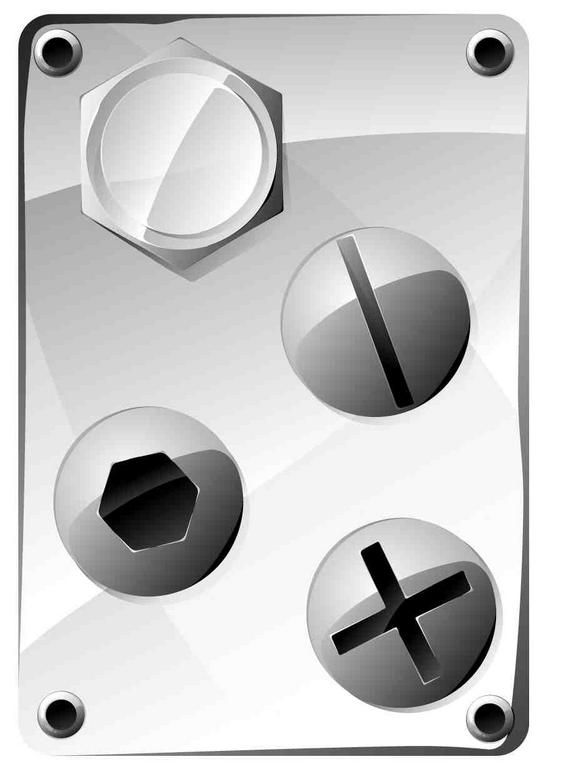July 12, 2007
Anchorage Daily News, Page: B5
Byline: Alex Sheshunoff
Straight Off the Couch - Running a Marathon Without Training
The first three miles of the Chicago Marathon were pleasant, even jaunty. I felt I could do this. After all, I'd been loading up with carbohydrates for 18 years. I'm 33. I hadn't run more than a few miles since freshman year of high school when I'd once wheezed through a nine-mile cross-country race. I was ready for this marathon in the same way a fish is ready to be snatched by an eagle.
Exactly 34,697 of us lined up to start. "Stand with your pacing group," someone instructed on a microphone. I'd heard that you had to finish within 6 hours to get a medal. And what good was running a marathon without the trophy to prove it? I found a bit of open asphalt near the 5:45 pacing group at the rear. The horn sounded and 23 minutes later we started rolling forward. The lead runner was already five miles ahead.
I immediately liked the good spirit among the 5:45 crowd -- mostly women between their mid 30s and mid 40s. We chatted politely and shared encouraging words. By mile six, things started to be not right. My legs felt funny, not ha-ha funny but that's-a-concerning-clicking-sound-coming-from-my-hip funny. And my calves started to tighten. And I was hungry.
At mile eight, I took a free doughnut and washed it down with two cups of Gatorade and three Advil. I threw the cup to the ground. At that point, my favorite part of the marathon was littering. "Yea!" I yelled each time I spiked another Dixie cup to the ground. I felt like a wide receiver in the Super Bowl -- not a guy who had just jogged a 13-and-a-half-minute mile.
Each step past mile nine felt like an achievement. Sure, there was pain, but I had beat my distance record. Around mile 11 things started to be not good. My quads and calves ached. I had a blister on my left foot. I could hear a pop in both hips. I doubted I could keep up my previous pace. At mile 13, I was passed by a juggler. I took three more Advil.
My legs seized up at mile 18.5, I couldn't walk, much less run. While waiting for a taxi to pass, I stood against a wall and watched the runners roll by. I took a few more Advil. Perhaps I could make it another mile if I walked slowly? I started moving again.
By mile 19.5, I broke into a trot, a troubled, Ibuprofin-induced trot, but a trot all the same. I had a new problem. I'd fallen behind my 5:45 pacers. The folks running a six-hour marathon were not the same kind of folks who run a 5:45 marathon. Before it felt like we were in something together, something bigger than ourselves. Back here, the vibe was, well, bad. A runner in a tan jacket talked to himself, repeating, over and over, "Computer. Computer. Computer." Another man chased pigeons, zig-zagging across the road and yelling in crazed delight each time they burst into the air. A couple bickered.
Everything in my body hurt by mile 22. I had vowed not to feel sorry for myself until mile 23. I stumbled on. At mile 23 my biggest problem wasn't my deadwood-like legs or my swollen, blistered feet. It was the crazy computer guy. He was driving me crazy. I had to speed up. I took every Gatorade and every pretzel on offer. And I took the last of my 12 Advil.
By mile 24 I understood how and why the guy who ran the first marathon -- 26 miles from the plains of Marathon to Athens -- died. A marathon, I was finding out, is about the discipline of training, what we learn from that discipline, and not the marathon itself. Three days later I was lying on a gurney in the emergency room. The doctor, a trim man in his mid-30s, asked me what had happened to my foot. I explained, adding that, like people with hangovers, I didn't deserve much sympathy.
I prepared myself for a reprimand, if not a full-on lecture on the terrible things that could have happened. A torn ligament, a slipped disc, a heart attack. Instead he asked, "What was your time?"
"Five hours, fifty-nine minutes and forty-four seconds. I got a medal."
"And you did it without training?"
"Yeah," I said, "but I was passed by a juggler. He was juggling not three balls, but five."
After feeling the top of my left foot he concluded I had a stress fracture. "Next time," he said, "you should think about stretching."
###
Alex Sheshunoff is a writer living in Anchorage.
Not The Sharpest Tool
The site belonging to writer-like person Alex Sheshunoff
Copyright 2008-2012 Alex Sheshunoff
